Anti-Oxidant Synergy
29.90€
Powerful antioxidant activity
- Has powerful antioxidant activity,
- Stimulates the immune system,
- Effective in combating oxidative stress,
- Exceptional immunostimulant properties.
- Anti-inflammatory and heavy metal chelator.
- Fight against fatigue, mild diarrhea and as a diuretic,
- Protects against cardiovascular diseases,
- Prevents osteoporosis,
- Contributes to the normal formation of collagen,
- Contributes to normal energy metabolism,
- Contributes to the normal functioning of the nervous system,
- Contributes to normal mental functions,
- Contributes to the normal functioning of the immune system,
- Contributes to the reduction of fatigue,
- Contributes to the regeneration of vitamin E in its reduced form,
- Contributes to the protection of cells against free radicals.
Anti-Oxidant Synergy
Fermented Papaya Preparation (FPP) is an amazing Japanese antioxidant supplement.
- Has powerful antioxidant activity (at least 20 times more than vitamin E)
- Stimulates the immune system.
- Remarkably effective in combating oxidative stress.
Fermented Papaya Preparation (FPP) is a natural dietary supplement with exceptional antioxidant and immunostimulant properties, backed by years of research and clinical use.
Developed in 1969, FPP is derived from non-GMO Carica papayas grown organically in Hawaii, which undergo a long period of natural fermentation, without additives or preservatives, in a Japanese factory with ISO9002 quality control.
What are the benefits associated with PPF?
The remarkable properties of FPP have attracted the attention and support of a number of respected researchers around the world. Among them, Professor Lester Packer of the University of California at Berkeley and Professor Luc Montagnier (co-discoverer of the AIDS virus) who, during a conference on October 26, 2000 at the Maison de Japon in Paris, declared : “FPP is remarkably effective in combating oxidative stress and boosting the immune system”.
- FPP exhibits potent antioxidant activity (at least 20 times more than vitamin E).
- Has an exceptional ability to boost the immune system, measurable against a number of parameters.
- It is also an anti-inflammatory and a chelator of heavy metals.
- It is very low in toxicity and side effects and can therefore be recommended for a large number of oxidative and immune diseases.
- Reviews support its clinical use in AIDS, diabetes, and lung disease, and in immunology, cardiology, hematology, hepatology, gastroenterology, neurology, oncology, and rheumatology.
- Additionally, many health-conscious people in Japan use FPP as a preventative or anti-aging product.
Green tea is widely touted in the media for a multitude of potential benefits. In herbal medicine, tea is proposed to combat fatigue, mild diarrhea and as a diuretic. Tea also enters into the composition of many products intended to accompany a slimming diet, without any proven long-term efficacy in this indication.
Origin and uses of tea
All varieties of teas come from the same shrub: Camellia sinensis. The buds and young leaves of the tea plant are harvested, left in the air for a few hours (oxidation stage) and quickly dried in the heat. The duration of oxidation (incorrectly called fermentation) determines the type of tea produced: green tea is oxidized for a few hours, oolong tea a little longer and black tea overnight, or even longer. Pu-erh or tuocha teas are teas that undergo real bacterial fermentation for months or years.
In herbal medicine, tea is mainly proposed to fight against fatigue and to lose weight. It is also used to relieve mild diarrhea and as a diuretic. Studies have been conducted to assess its ability to protect against dental caries, cardiovascular disease and cancer.
Other traditional uses of tea
The tea is also suggested in the prevention of osteoporosis, as well as in the local treatment of genital warts and itchy skin.
How does the tea work?
All teas contain caffeine and polyphenols (antioxidants from the flavonoid family). Caffeine is a substance from the methylxanthine family present in many plants: coffee, cocoa, kola, guarana, maté, etc. Caffeine stimulates the nervous system and thus increases alertness and the ability to concentrate mentally. It decreases the appetite, slightly increases the basal metabolism (the energy expenditure of the body at rest) and stimulates the production of urine.
Tea is rich in polyphenols: catechins (in particular, epigallocatechin-3-gallate or EGCG), theaflavins, thearubigins, etc. These substances are antioxidants that can protect cells from chemical attacks. On cells in culture, EGCG has shown a definite ability to inhibit the growth of several types of cancer cells. This effect is thought to be linked to its antioxidant properties and ability to inhibit an enzyme necessary for cancer cell growth, urokinase.
The effect of tea in preventing cavities could be linked to catechins, but also to its high fluoride content.
Vitamin C contributes to the normal functioning of the immune system. Vitamin C, or ascorbic acid, is essential for the formation of elastic fibers (collagen) contained, for example, in the walls of blood vessels, the deep part of the skin (dermis), the skeleton, tendons, ligaments or gums. . It also contributes to the absorption and storage of iron, as well as the metabolism of carnitine.
Contributes:
- the normal formation of collagen necessary for the normal functioning of blood vessels, bones, cartilage, skin, teeth and gums,
- to normal energy metabolism,
- the normal functioning of the nervous system,
- to normal mental functions,
- the normal functioning of the immune system,
- to the reduction of fatigue,
- the regeneration of vitamin E in its reduced form,
- the digestive absorption of iron,
- to the protection of cells against free radicals (antioxidant effect),Vitamin E helps to protect cells against oxidative stress.
Vitamin E is actually a family of eight substances, the most common of which is alpha-tocopherol. The functions of vitamin E in the body are poorly identified and cannot be explained solely by its antioxidant properties.
- contributes to the protection of cells against free radicals
Lycopene increases lycopene levels in the blood. It plays a beneficial role in prostate and urinary tract health. Associated with providing protective benefits against many diseases.
Glutathione is a rather unknown compound but sometimes assimilated as the king of antioxidants. It is a protein naturally produced by the body, which plays a key role in the functioning of the body. Focus on this antioxidant.
“Antioxidants” include certain nutrients present in our diet. They help protect the cells of our body from the effect of free radicals. Free radicals are molecules produced naturally in the cells of our body. Their production can be increased with certain factors (pollution, tobacco or even UV rays). Excess can lead to premature aging of cells and promote the development of certain pathologies. Antioxidants are therefore essential.
Caffeine is a substance from the methylxanthine family present in many plants: coffee, tea, cocoa, kola, yerba mate, guarana, etc. For millennia, many civilizations have used these plants to fight against fatigue. Caffeineis present in many foods, as well as some dietary supplements and medications.
Caffeine is proposed to stimulate the body and fight against fatigue, but also to lose weight. It is also proposed to relieve migraines, or as a diuretic and mild laxative. Additionally, caffeine-rich foods have traditionally been touted as aphrodisiacs.
Some dietary supplements intended to promote weight loss frequently use caffeine as an appetite suppressant and for its diuretic properties, most often in combination with other substances such as synephrine.
Coenzyme Q10 is the natural active ingredient of the skin, which decreases from the age of 30. Q10 helps prevent damage to collagen, elastin and promotes skin cell rejuvenation. The ingredients of this dietary supplement activate the energy production of skin cells and help maintain the softness and elasticity of the skin.
Coenzyme Q10 is the best nutrient you can take to protect your cardiovascular system. CoQ10 is the key to optimal cardiovascular health. CoQ10 is also a powerful antioxidant. It helps to strengthen the immune system.
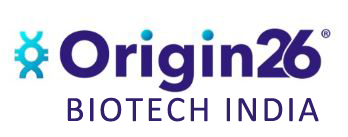


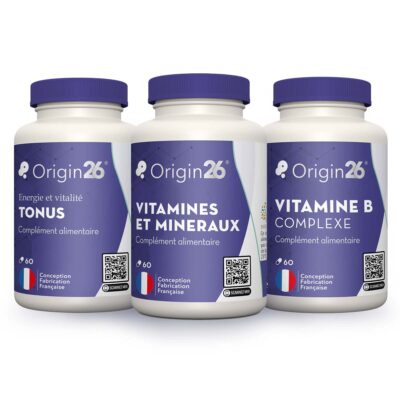
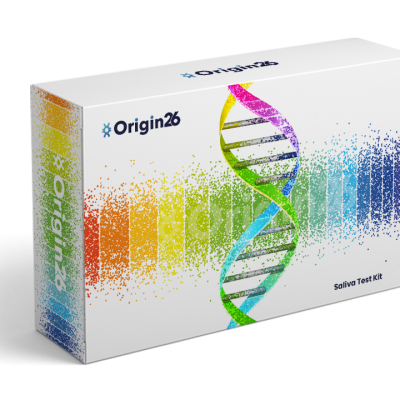
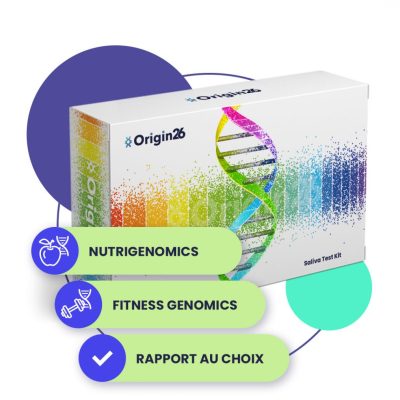
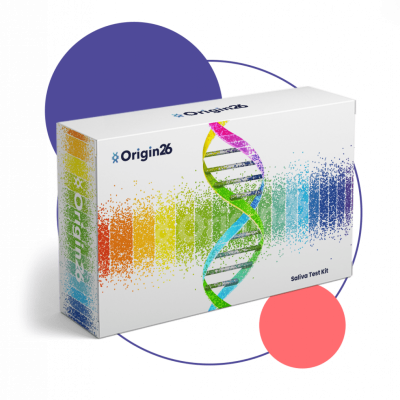
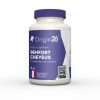
Reviews
There are no reviews yet.